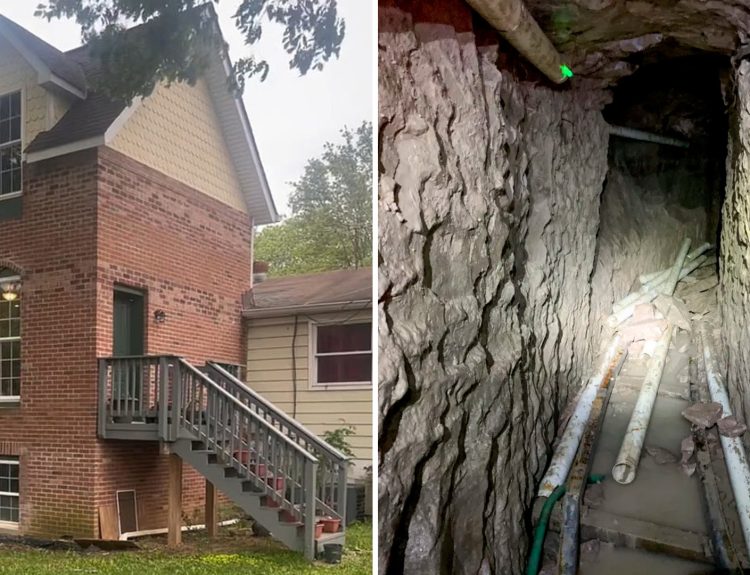The housing market is a touchy subject for a lot of people, particularly when you start asking younger Americans when they’re going to be able to buy a house. Many Millennials and Gen Z-er’s have become disillusioned with many promises offered by the American dream, and the ability to purchase a home is a huge part of that.
Up and Coming Home Buyers
Millennials are the upcoming home buyers, with the largest demand currently on the market. In 2020, Millennials surpassed Baby Boomers as the largest generation, and they are now in the prime time of life to be looking to buy a house.
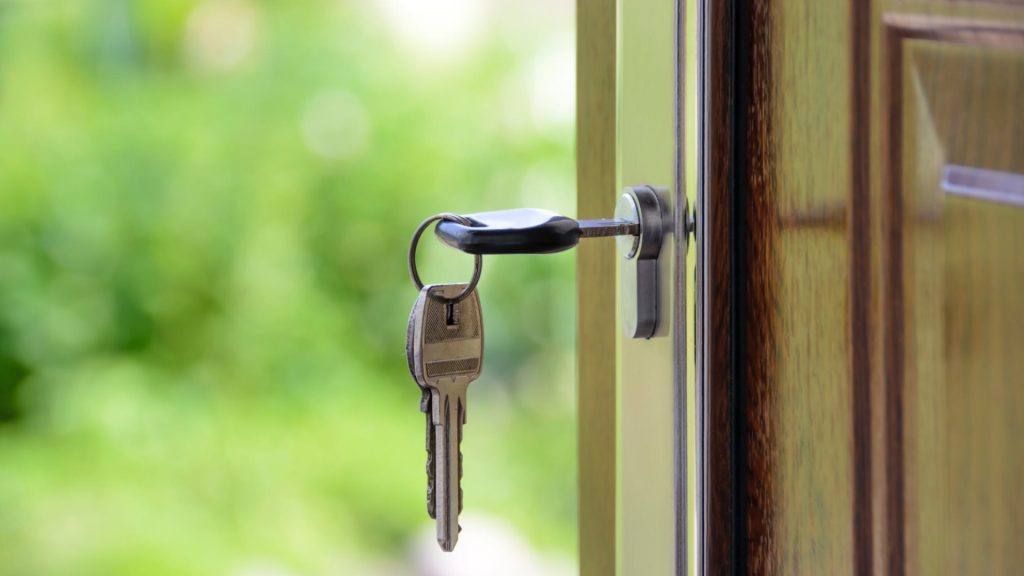
There’s only one problem with that: there aren’t currently houses to buy. High demand is one of the factors that has been pushing housing prices so unattainably high, along with low supply. When there are a lot of people looking to buy something without a lot of supply, it pushes up inflation.
Housing is Expensive
High interest rates are also part of the problem. During the pandemic, interest rates plummeted to historic lows, and that drove a good deal of demand and a house-buying frenzy, despite the fact that housing prices themselves soared.

That quickly reversed when the Fed started hiking interest rates in order to clamp down on runaway inflation. Interest rates of a 30-year mortgage hovered between 7% and 8% for the majority of 2023, and have started coming down in the last several weeks as the market has continued to cool.
Millennials Have Some Perks
There are a few things that Millennials have going for them as they look at entering the housing market. Millennials have seen their net worth double in the last several years according to statistics from the Federal Reserve.
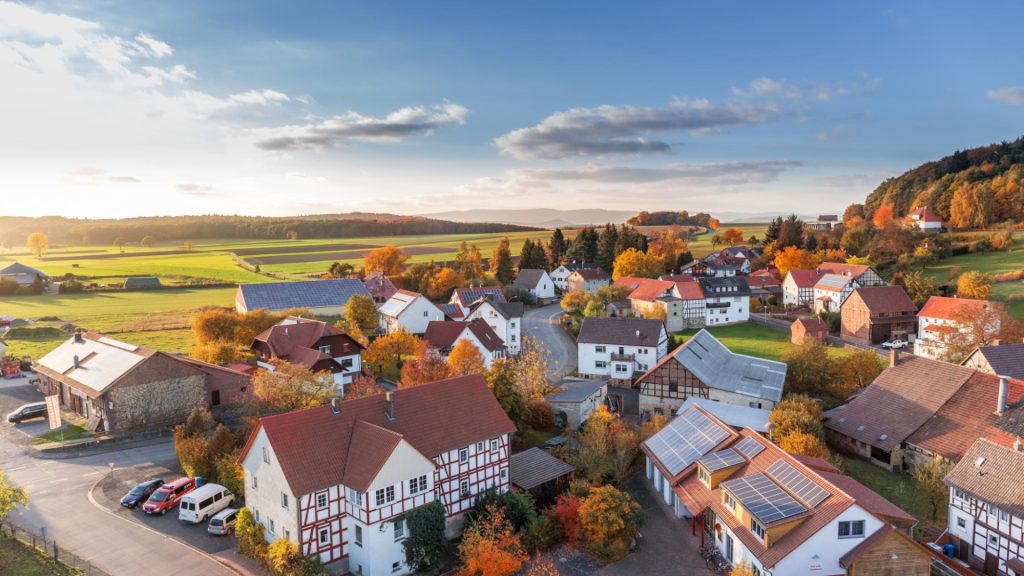
In the last five years, the average Millennial has seen their net worth double from $54,000 to $115,000. This growth could be attributed to buying cars, to having their earnings grow, higher savings, or choosing to invest the way that their parents did.
But More Downsides
But while Millennials do have some things going for them as far as the housing market goes, they have far more factors stacked against them when it comes to the journey to home ownership.
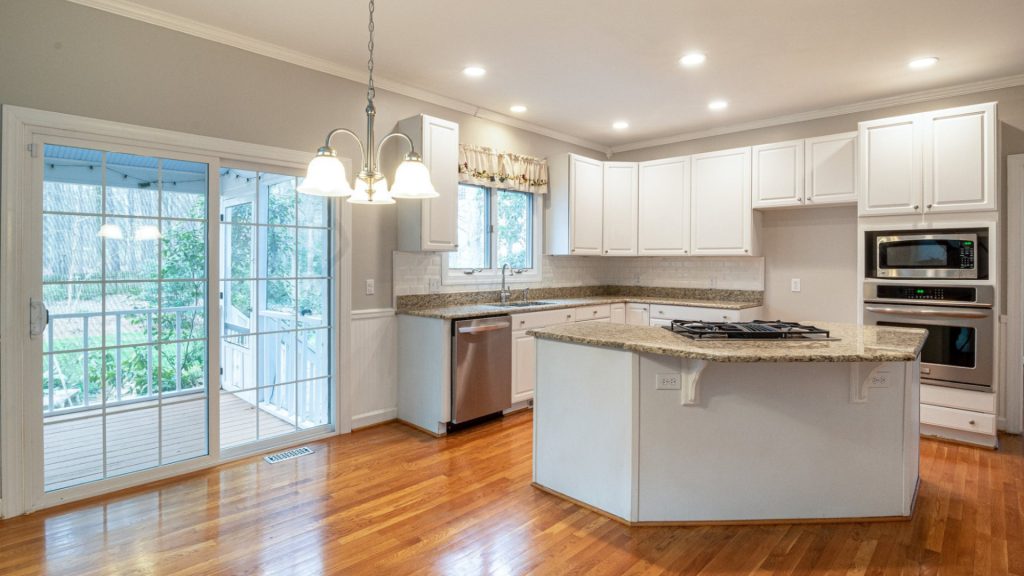
Above everything, the fact that there are so many millennials looking for homes in a time of short supply makes the journey immediately more difficult. Many older Americans are choosing to stay in their homes for longer, either due to a low interest rate on their mortgage or no mortgage altogether, and it’s keeping houses off of the market for longer.
Millennials Have Debt
More than that, though, Millennials also have the misfortune of being an upcoming generation saddled with a great deal of debt. The burden of student loans is significant on the Millennial generation, especially with payments that resumed in October of 2023.

According to numbers released by the Education Data Initiative, Millennials own 33% of all student loan accounts, which accounts for 30% of the total student loan debt. In both categories, this is second only to Gen X-ers.
Millennials Aren’t Buying Houses
The reality of these numbers, both the high amount of debt that Millennials have and the low supply of housing, is that Millennials are taking longer to buy homes than their parents and grandparents did at the same age.

This is leading to what experts are calling a potential housing bubble. Millennials are waiting longer to begin buying a home, and at the same time, they’re waiting until later in life to have children. They’re also having less children than the generations before them.
Future Generations Will Cause a Housing Bubble
This leads experts to a chilling prediction: future generations will be smaller than Millennials and Gen Z are, and housing is currently being built at rapid rates to meet the current high demand of the housing market.
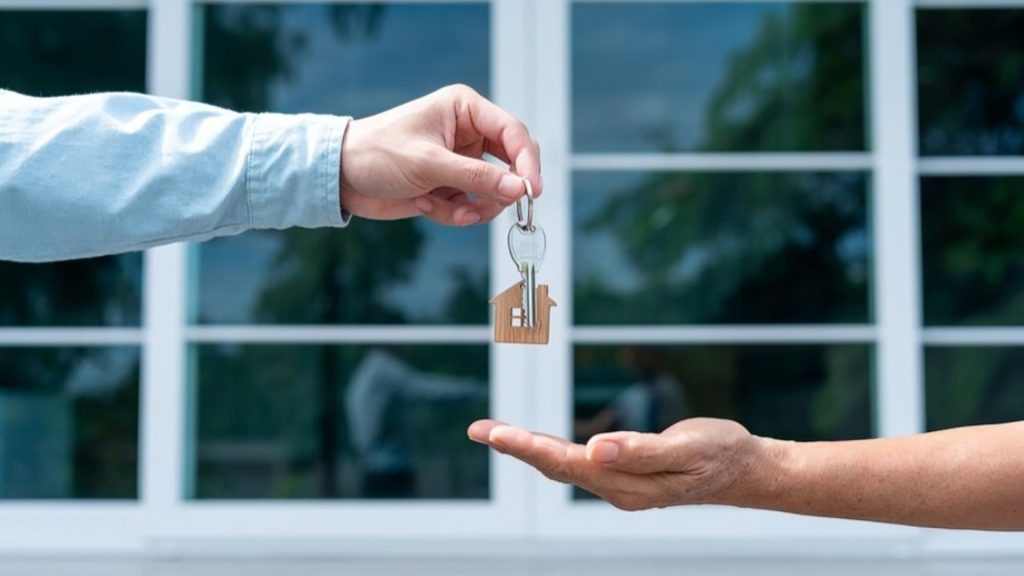
As the Baby Boomer generation dies out, though, there will be an influx of new homes on the market, at a time when demand will be significantly waning. Experts predict that by the mid 2030’s, there will be a significant demand reversal in the housing market, with far more houses on the market than there are buyers.
A Looming Crisis
This could lead to a smaller, less intense version of the 2008 housing crisis. While the flood of houses on the market will not be due to people losing their homes and foreclosing, the results could be no less devastating on home values.
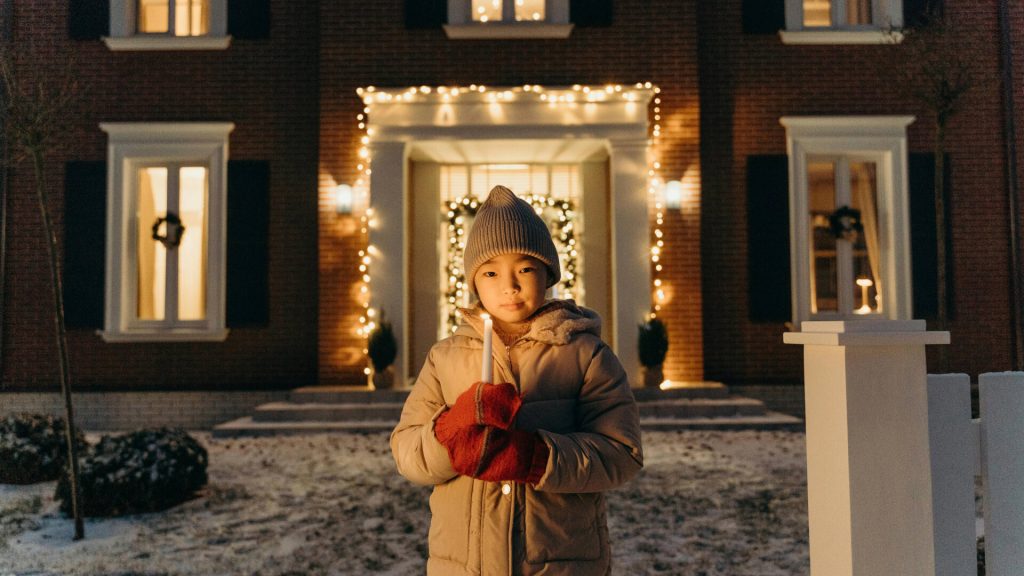
This potential crisis would happen in the face of a housing market whose values have continued to exponentially climb over the years since the pandemic. In September of 2023, Zillow reported that the collective value of the housing market had reached a whopping $52 trillion, a jump of 49% since before the pandemic.
What’s a Millennial to Do?
So Millennials find themselves in a tricky situation. Housing is outrageously unaffordable at the moment, between high prices and high interest rates. Many who purchase a home have found themselves “house poor,” where they spend nearly all of their income, both necessary and disposable, merely on the cost of living in their home.

So the question becomes: do Millennials take the plunge and buy a house now, when the potential for a bubble burst is seemingly so high? Or do they forego a significant life milestone and one of the most predictable and consistent builders of lifetime wealth? It’s a no-win situation, one that Millennials and housing experts are keeping an eye on closely.





